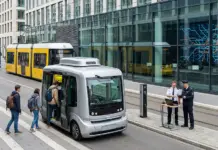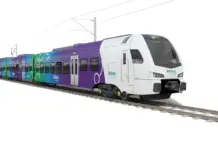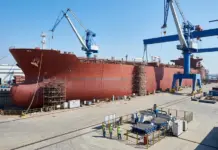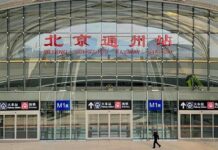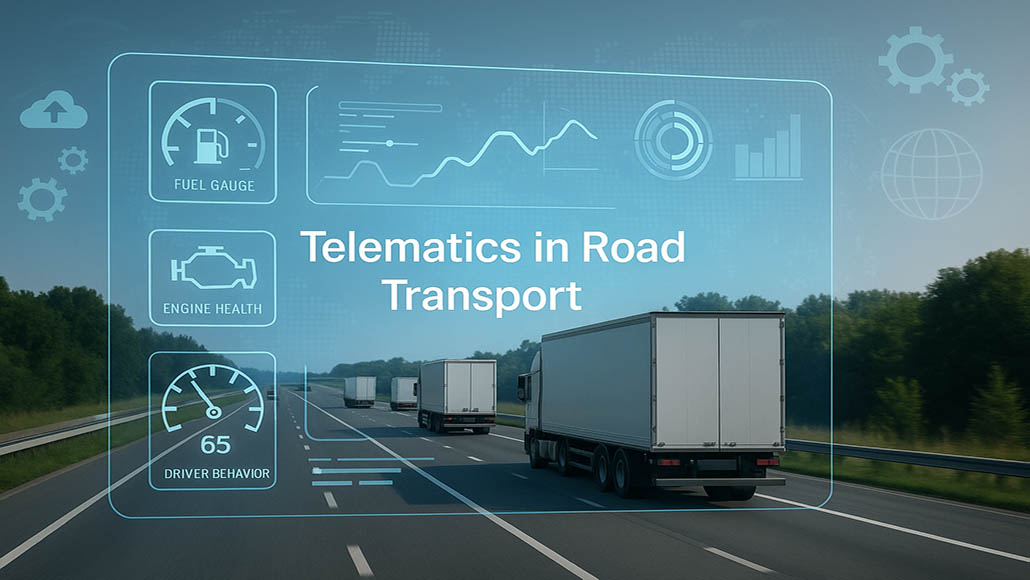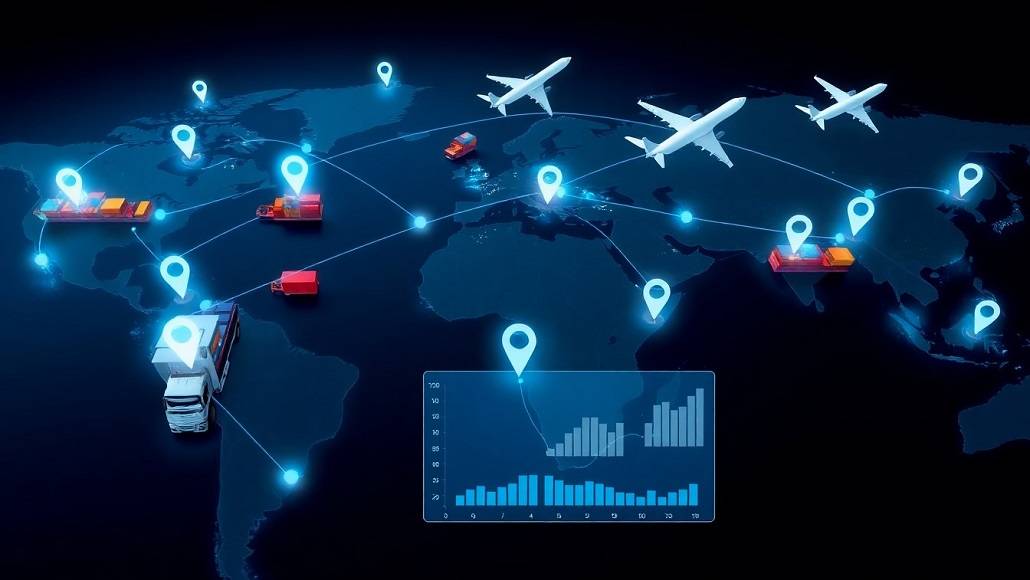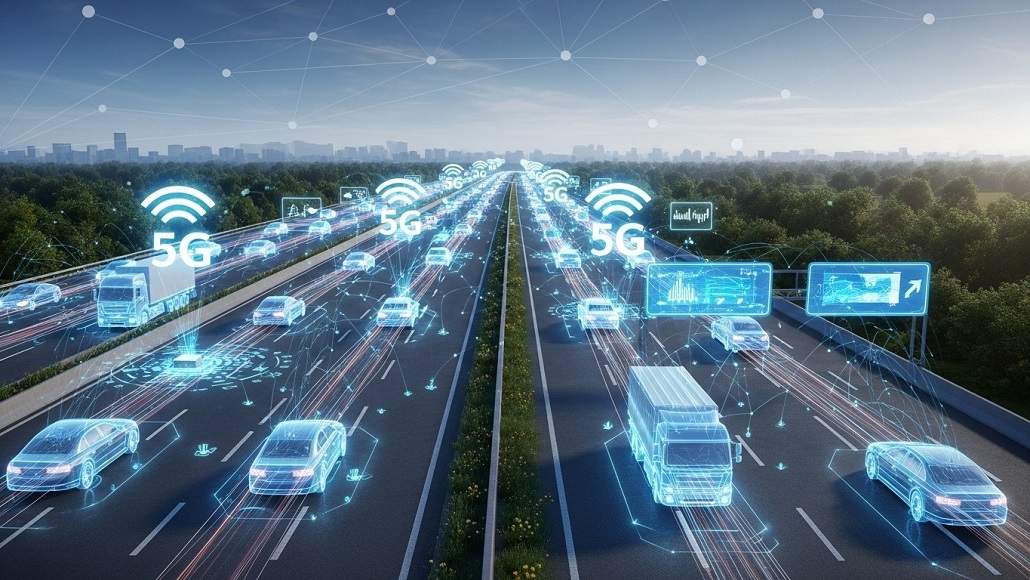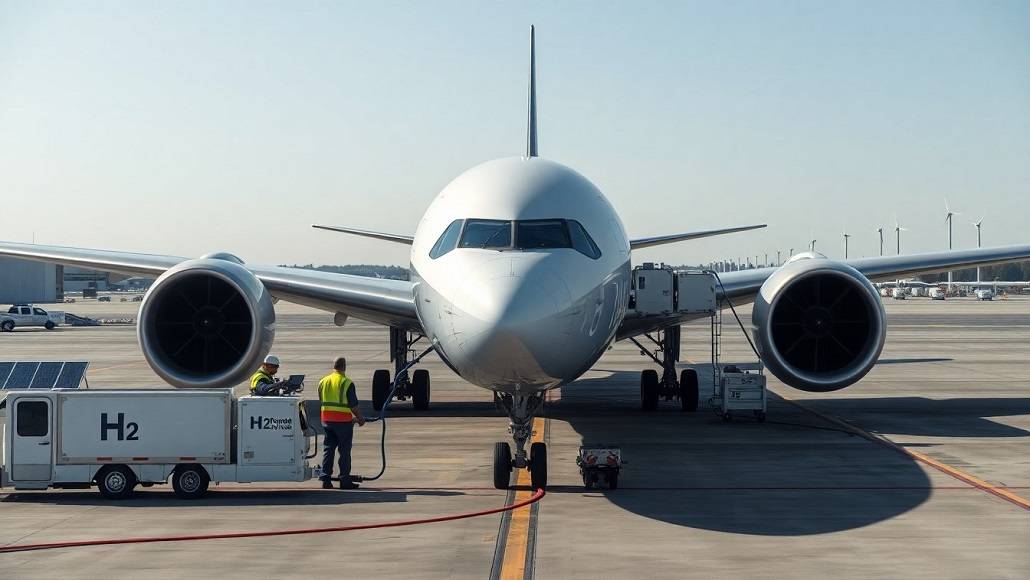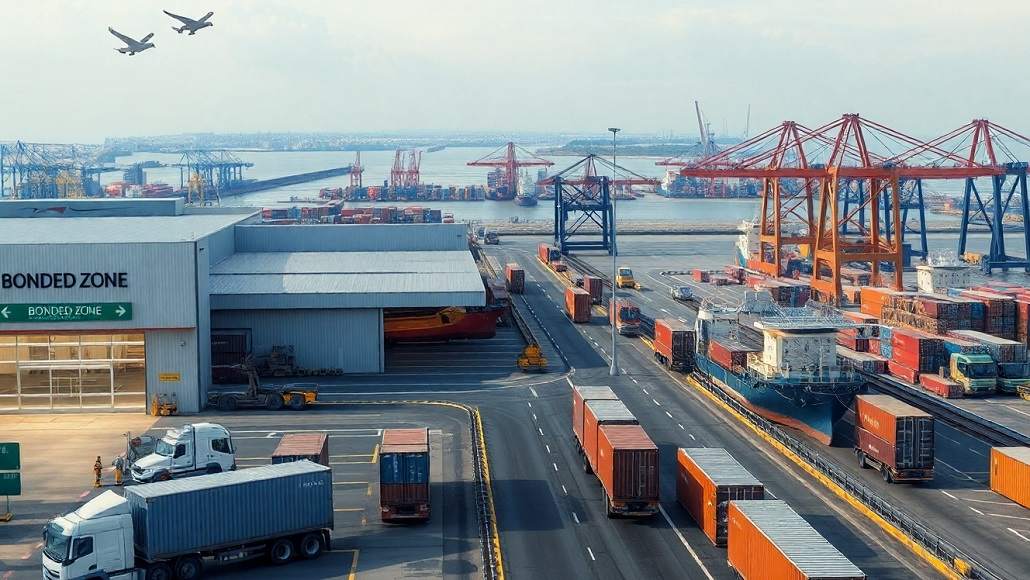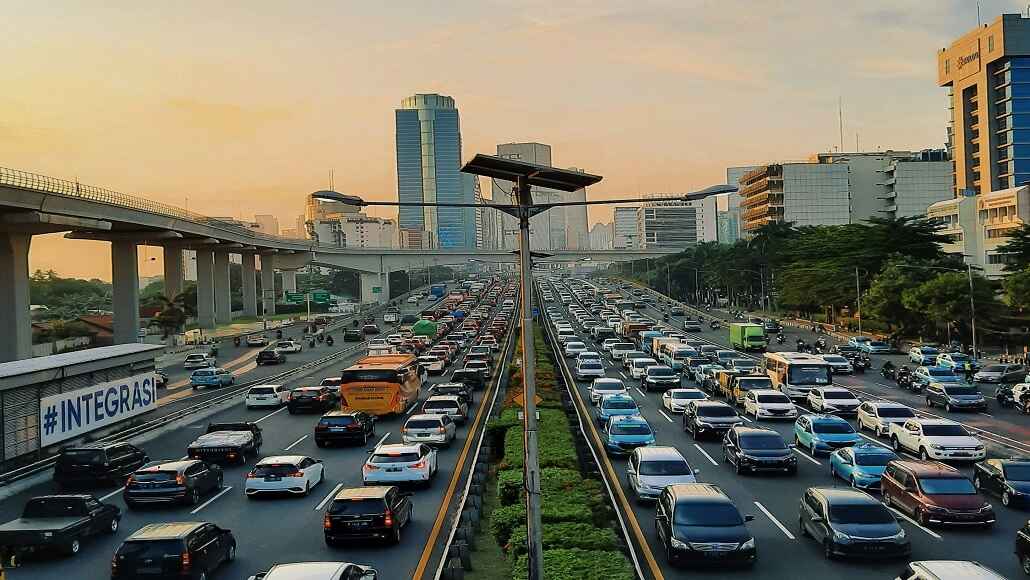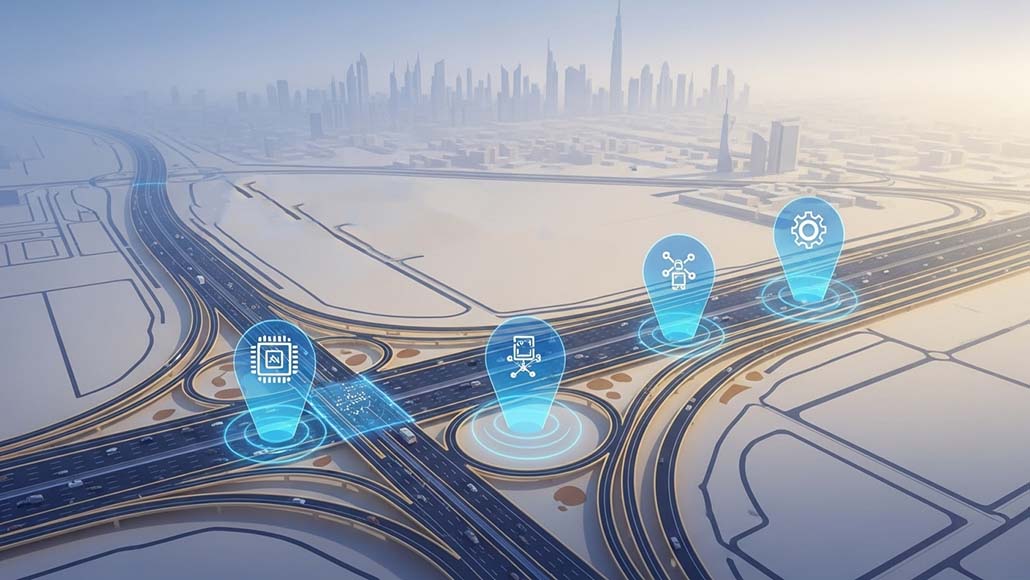The Roads and Transport Authority (RTA) of Dubai has recently hosted a week-long exhibition at its headquarters to showcase its leading artificial intelligence initiatives that support the execution of the Artificial Intelligence Strategy 2030. The exhibition happened to be designed in order to engage the RTA employees as well as strategic collaborators, underscoring how artificial intelligence is being made use of in order to elevate the service delivery, put in place integrated mobility, and make use of best practices when it comes to transportation and infrastructure.
AI tools, which are driving smart mobility
It is well to be noted that there were 11 AI-powered initiatives that were presented during the event, out of which each aligned with six strategic pillars of the AI strategy of RTA Dubai – seamless and innovative mobility, smart traffic management, people, happiness, asset excellence, smart licensing, and future readiness.
Among the highlights was the bus drivers support system – control and operation center that makes use of AI so as to evaluate voice as well as data in terms of real-time communication between drivers and the control center. The Dubai Metro water and electricity consumption forecast dashboard was also highlighted, which happens to be a predictive and analytical tool that is aimed at enhancing the sustainability as well as cost efficiency within Metro operations.
The exhibition also went on to feature the AI-powered Madinati WhatsApp service, which helps the users to report public transport asset damage and smart assessment of cycling track infrastructure, which makes use of the new global indicators so as to ensure safety as well as rider comfort. The smart road asset assessment system, which happens to be powered by LiDAR and AI, enables prioritizing road maintenance and helps keep digital records of the assets updated.
It is well to be noted that in traffic management, the smart traffic management initiative that has been presented at the Dubai Intelligent Traffic Systems Centre goes on to demonstrate how big data as well as artificial intelligence can be made use of in order to optimize traffic flow. In a similar way, the AI-powered bus network management tool evaluates the ridership data in order to enhance the route efficiency. The instructor monitoring system makes use of in-vehicle AI cameras in order to evaluate the performance of the driving instructor and also maintain standards in training.
There are other notable projects, which include the likes of the plate price prediction system, which makes use of historical data in order to forecast revenue from number plate auctions, and also the Microsoft Copilot–enabled operations that streamline the data evaluation and task automation. The public transport station management, which uses AI tools, goes on to monitor the crowd movement in order to elevate the passenger flow and, at the same time, decrease the wait times. The idea of AI strategy of RTA Dubai is to make sure of seamlessness in transportation by way of offering benchmarking practices in road and transport infrastructure.
Innovation drive highlighted by Hackathon
In addition to the exhibition, RTA also hosted expert panels and forums as well as interactive discussions pertaining to the role of AI in the future of smart mobility as well as urban development. A three-day, artificial intelligence hackathon saw RTA employees competing in order to develop AI-based transport solutions, with the event culminating in an award ceremony that honored the most innovative ideas.
The CEO of the corporate technology support services sector and also the deputy head of RTA’s AI & data science team, Mohammed Yusuf Al Mudharreb, said that the event went on to reinforce the momentum of Dubai AI Week, which was held in April 2025. That initiative, which was launched under the directives of Sheikh Hamdan bin Mohammad bin Rashid Al Maktoum, looks forward to positioning Dubai as a worldwide AI hub.
It is well to be noted that Al Mudharreb stressed the importance of involving staff as well as strategic collaborators when it comes to applying practical AI use cases while, at the same time, making the governance as well as technical capabilities more robust.
It is worth noting that in April 2025, RTA went on to launch its artificial intelligence strategy 2030, which comprised 81 projects that are aimed at transforming Dubai into a worldwide leader when it comes to AI-driven mobility as well as improving the quality of life of its residents.



